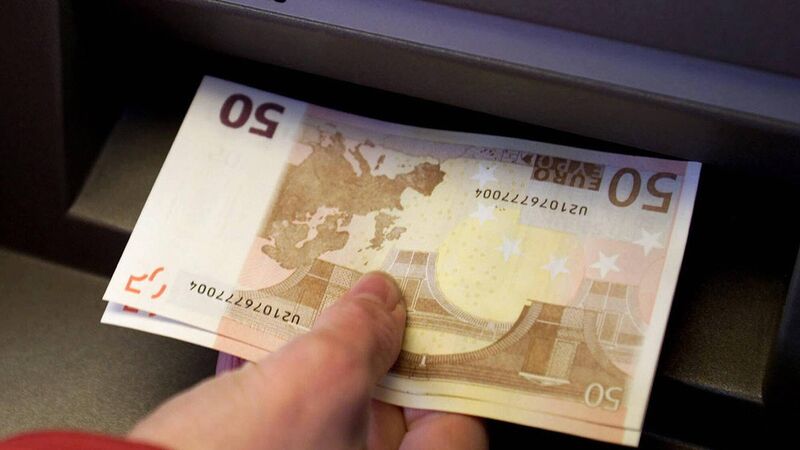Mon, 11 Dec, 2023 - 02:00
Elaine Loughlin, Political Editor
Banks and ATM operators could be forced to reinstall cash machines in towns and villages under new access-to-money laws.
Finance Minister Michael McGrath is finalising draft legislation that would guarantee that the public and businesses have access to cash.
Already a subscriber? Sign in
You have reached your article limit.
Subscribe to access all of the Irish Examiner.
Annual €130 €80
Best value
Monthly €12€6 / month
Introductory offers for new customers. Annual billed once for first year. Renews at €130. Monthly initial discount (first 3 months) billed monthly, then €12 a month. Ts&Cs apply.
CONNECT WITH US TODAY
Be the first to know the latest news and updates














